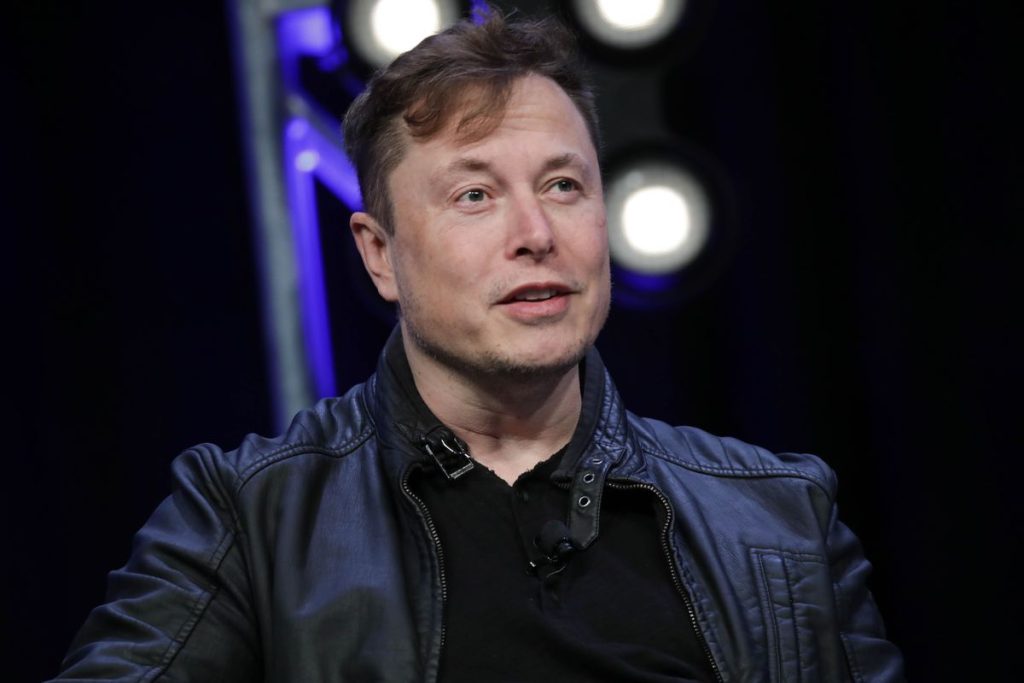On Friday, Twitter Inc (TWTR.N) implemented a “poison pill” to limit Elon Musk’s ability to increase his stake in the social media network, as a buyout firm emerged to fight his $43 billion deal.
According to persons familiar with the situation, Thoma Bravo, a technology-focused private equity firm with more than $103 billion in assets under management as of the end of December, has told Twitter that it is considering putting together a proposal.
It’s unclear how much Thoma Bravo might be willing to offer, and there’s no guarantee that such a rival bid will materialize, according to the individuals, who declined to be identified since the topic is private.
A spokesperson for Thoma Bravo declined to comment, and officials for Twitter did not immediately respond to a request for comment. According to the New York Post, Thoma Bravo is exploring a bid for Twitter.
Twitter announced on Friday that it had implemented a poison pill that will dilute anyone with a stake in the company of more than 15% by selling more shares at a discount to other owners. The poison pill, properly known as a shareholder rights plan, will be in effect for 364 days.
The measure would not prevent Musk from immediately approaching Twitter shareholders with his offer via a tender offer. While the poison pill would make it impossible for most Twitter shareholders to sell their shares, the tender offer would allow them to express their support or opposition to Musk’s offer.
Wedbush analyst Dan Ives tweeted on Friday, “It is an expected defensive measure for the board to take that will not be regarded well by shareholders given the possible dilution and acquisition hostile move.”
The fact that Thoma Bravo is interested suggests that there will be more private equity groups fighting for Twitter. According to data source Preqin, the global private equity business has $1.8 trillion in dry powder. Most buyout firms, unlike huge technological conglomerates, would not face antitrust limitations if they bought Twitter.
Musk’s bid might be boosted by a private equity group cooperating with him rather than competing with him. However, Musk’s criticism of Twitter’s reliance on advertising for the majority of its revenue has made some private equity firms wary about partnering with the company.
